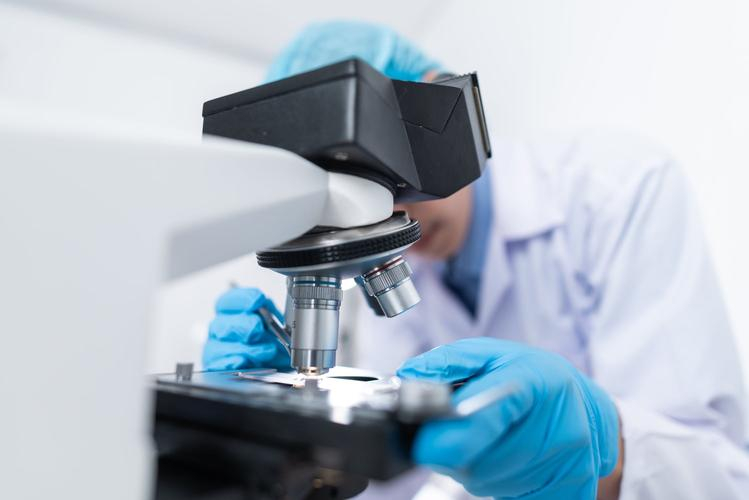

The advent of next-generation sequencing (NGS) has transformed not only scientific research, but also clinical practice. As the next-generation sequencer has obtained CE certification in Europe and FDA certification in the United States, it is expected to be applied in more fields, including prenatal testing, genetic disease and tumor detection. Globally-renowned consulting firm Frost & Sullivan expects this approach to personalized medicine is driving steady growth in the next-generation sequen
Learn more >>
According to statistics, one newborn is born every 4 seconds in China. Corresponding to this number, Chinese pregnant women are a very large group. Many years ago, in order to prevent birth defects of newborns, expectant mothers chose the method of amniocentesis for prenatal examination, but this method has a low accuracy rate and a 10% risk of miscarriage, which makes many families discouraged. Painless obstetric examination based on genetic testing technology has been sought after by more and
Learn more >>
From July 11th to 13th, 2014, the 4th Fetal Medicine Conference was held in Shanghai. The conference was divided into three days, and each day focused on one or two topics. Famous fetal medicine experts from Canada, the Netherlands, Hong Kong and other domestic and foreign experts They did their own wonderful lectures. On the first day of the conference, in the topic of intrauterine infection chaired by Prof. Duan Tao, Prof. Sun Lizhou made a wonderful exposition on the progress of TORCH screeni
Learn more >>
On July 8, 2014, BGI launched the “Millions of Families Avoid Genetic Birth Defects” program in Beijing, which is expected to significantly reduce the birth defect rate in China through genetic testing technology. For the first time, it focuses on rare genetic diseases such as Down syndrome and mucopolysaccharidosis, ichthyosis, thalassemia, and phenylketonuria.
Learn more >>
Not long ago, the China Human Proteome Project (CNHPP), which has been demonstrated for many years and is known as a milestone in the field of life science research in my country, was officially launched in Beijing. Nearly 100 experts from more than 40 universities and scientific research institutions, including universities, witnessed this historic moment together.
Learn more >>
Recently, the Guizhou Provincial Health and Health Commission issued the "Implementation Plan for Further Promoting Mutual Recognition of Medical Examination Results in Guizhou Province", which requires speeding up the mutual recognition of medical examination results, reducing repeated examinations, promoting the rational and effective use of medical and health resources, and simplifying medical treatment. Links, shorten the time for medical treatment, reduce the cost of diagnosis and treatment
Learn more >>
The new crown epidemic has made many IVD companies a lot of money, and it has also made some IVD companies difficult. The reflection behind it is how companies and individuals choose the track. The Institute of In Vitro Diagnostics shared some views and thoughts on the development direction and opportunities of the future segments of the in vitro diagnostic industry. To readers!
Learn more >>
The IVD industry is one of the fastest growing industries in the medical field. From the perspective of the evolution of developed countries, with the increase of per capita disposable income in my country and the maturity of the concept of medical consumption, the IVD industry will continue to maintain a certain growth rate. However, the self-iteration update of the industry is inevitable and continues to occur, and only companies that can truly grasp the needs of users will stand out.
Learn more >>